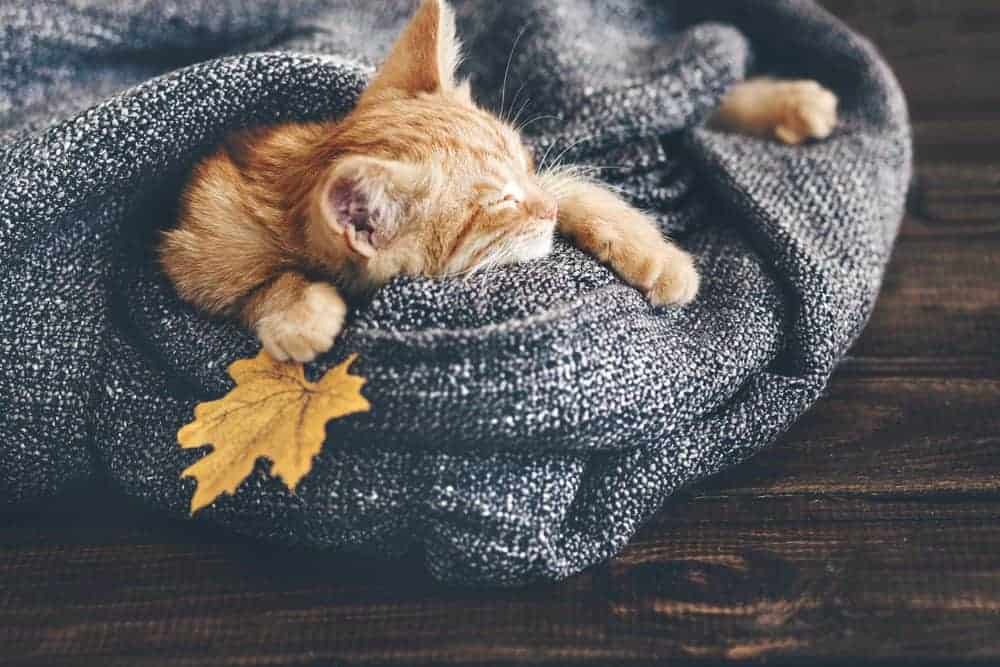
As the days gradually become shorter and we spend more time indoors, we could be lacking in an essential vitamin that helps us keep our bones, teeth and muscles healthy. Vitamin D – which helps to control the amount of calcium and phosphate in our bodies – is created when direct sunlight reaches the skin when we’re outdoors. The NHS advises that, between October and early March, we don’t get enough vitamin D from sunlight and so need to get it from what we eat. However, since it's difficult for humans to get enough from food alone, the NHS recommends that everyone should consider taking a daily supplement of vitamin D during the autumn and winter.
It’s sensible advice. However, things aren’t always so clear when it comes to what supplements may be beneficial for our pets.
Sarah Hormozi, Head of Science and Education at the Pet Food Manufacturers Association (PFMA), has researched this topic in-depth and advises: “While there is no legal definition for pet ‘supplement’ in the EU law, the term generally refers to complementary pet food products offering additional nutrients or functional ingredients, as well as a vast range of snacks and treats. It is therefore important to understand the function and benefit of each of these products.”
“If you feed a complete food it will provide the correct balance of nutrients and your pets will get everything they need. This balance is really important because, in the same way that deficiencies can cause health problems, an excess of certain nutrients can actually be harmful.”
Dr Suzanne Moyes, Burgess in-house vet
Getting the balance right
Burgess in-house vet, Dr Suzanne Moyes, says: “If you feed a complete food (as opposed to a complementary food) it will provide the correct balance of nutrients and your pets will get everything they need. This balance is really important because, in the same way that deficiencies can cause health problems, an excess of certain nutrients can actually be harmful. The optimum diet for your pet is one that supplies the correct number of calories and balance of nutrients for their size, life stage, and lifestyle. This means calculating the nutrient content and dietary components such as protein, fat, carbohydrate and vitamins and minerals required. At Burgess, all our pet food is produced in line with FEDIAF (the European pet food industry federation) nutritional guidelines. These guidelines, which are based on many pieces of published research, help us to ensure all our foods meet detailed nutritional requirements.”
When supplements can help
However, even for animals being fed complete foods, there are occasions when supplements may be beneficial, to help manage certain issues that can develop during a pet’s lifetime – such as dental, joint, skin and coat or digestive problems. For example, your vet may recommend a supplement containing chondroitin and glucosamine to help prevent or slow the progression of arthritis. Another popular supplement is omega 3 fatty acid, which can be helpful for dogs with skin and coat issues.
However, Sarah Hormozi recommends looking for scientific evidence that supports product claims and always following feeding guidelines. She adds: “A veterinary nutritionist should be consulted in case of any clinical conditions (your vet will be able to refer your pet to a specialist if needed). Complementary products should not make up more than about 10% of the individual pet’s daily calorie intake. This 10% rule will reduce the risk of undersupplying important nutrients (which should from the main complete food) and/or overfeeding too many calories!”
If you found this interesting, you may also like:
DOG NUTRITION Q&A WITH OUR VET For your dog, it’s not just a case of you are what you eat, it’s more about what your human feeds you…
FEEDING NEUTERED CATS Just 48 hours after neutering cats need an estimated 20% fewer calories and neutered cats are more prone to weight gain. Find out more about our award-winning Burgess Neutered cat food
A DOG'S DINNER? How much should you feed your dog? How many times a day should you feed them? Will feeding treats lead to obesity? What foods are dangerous to dogs? Our essential guide has all the answers...
CAT FOOD IN THE HEADLINES Recent newspaper reports have revealed some shocking news about the food that some owners dish out to their pet cats, with some not even realising that felines are carnivores. Our in-house vet Dr Suzanne Moyes explains the specific nutritional needs of felines
HAVE YOUR GUINEA PIGS HAD THEIR VITAMINS TODAY? Just like us, guinea pigs need their daily dose of vitamin C to stay healthy. Are your piggies getting the right amount?
MAKING HAY-TIME PLAYTIME FOR BUNNIES Rabbits need to eat their own body size in hay every day to stay healthy. Our in-house vet Dr Suzanne Moyes advises on how to help your bunnies munch their way through their daily ration by making hay-time a fun experience
VEGAN DIETS AND PETS – GETTING THE FACTS STRAIGHT Vegan food is bang on-trend right now – but what effect does feeding this kind of diet to our pets have? Our in-house vet, Dr Suzanne Moyes, presents some essential (and surprising) nutritional facts to digest...
SWITCHING DIETS As our pet dogs develop from playful puppies to adult dogs and then enter their senior years, feeding them the correct life stage diet provides all sorts of benefits. However, transitioning from one food to another must be done very carefully...
WHO'S WATCHING THEIR WEIGHT IN 2020? Latest surveys confirm that our pets are getting portlier, which is putting them at risk of developing serious health problems. Find out how to tell if your pet is overweight and the practical steps you can take to help them get back in shape
Take a closer look at your pets’ diets: Guinea pigs, Chinchillas, Ferrets, Hamsters, Rats, Degus, Gerbils, Mice
Sources: pfma.org.uk, pets.webmd.com, nhs.uk, viovet.co.uk














